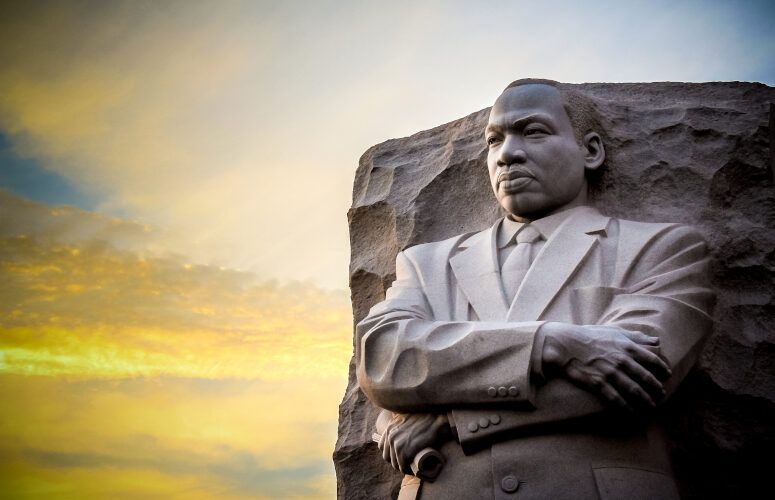
MLK Inspired Change, Though Black-Owned Businesses Still Face Challenges
By Jim Pytell, Managing Editor On Jan 14, 2022On Martin Luther King Jr. day, we recognize the life of the late American Baptist minister and activist, who became the most visible spokesman and leader in the American civil rights movement from 1955 until his assassination in 1968.
King aimed to advance civil rights through nonviolence and civil disobedience, and led marches for African Americans’ right to vote, desegregation, labor rights, and other basic civil rights. He also led the famous 1963 March on Washington where he delivered his iconic “I Have a Dream” speech.
While King’s leadership greatly contributed to the overall success of the civil rights movement of the mid-1900s as well as the present, the push for civil rights still remains an enduring challenge today.
A singular aspect of the modern movement for civil rights is the attempt to fix disparities within the business community. These disparities, namely a lack of access to financial relief, were only exacerbated by the COVID-19 pandemic.
According to a report by the House Committee on Small Business, between February and April of 2020, Black business ownership declined more than 40%, the largest drop across any ethnic group.
Access to capital and accumulation of wealth remain two of the biggest challenges for Black businesses owners.
“Why is it that only 7% of black businesses have more than one employee?,” asks John Harmon, founder, president and CEO of the African American Chamber of Commerce of New Jersey (AACCNJ). “Why does the state do less than 3% of contracting with African Americans, when we represent about 14% of the population? Why do African Americans have the highest unemployment and highest poverty in New Jersey? Why does median black net worth equate to $5,900, while white is $275,000?”
Harmon explains that he’s noticed the misconception that black businesses don’t have the wherewithal to provide value to supply chains and corporations.
“Although we don’t have a lot of Black businesses, those that we have – that have employees and capacity – are businesses that not only can compete, but will bring innovation, value and efficiency, and impact your bottom line. … Our ability to stay relevant in this marketplace is our ability to respond to [misconceptions],” he says.
Harmon adds that AACCNJ is getting more inquiries from corporations looking to foster relationships with the organization. He says that he’d like to see corporations do several things in partnership including: board diversity; supply chain diversity, including more contracts to Black businesses; more Black hires, particularly at the senior level of corporations; and more foundations and corporate citizenship initiatives targeted around job readiness training, ex-offender programs, financial literacy, etc.
“It is our hope that we can have a more direct access to resources, opportunities, and information that we can disseminate amongst the business community and get them in a better place, behaving more like the economic mainstream of our state,” Harmon says.
Large companies are certainly stepping up and pledging support to help combat injustice.
For example, Harmon points to Comcast, which launched its Comcast RISE (Representation, Investment, Strength and Empowerment) initiative to help minority-owned small businesses navigate the challenges of the pandemic. Part of the company’s multi-year, $100 million commitment to fight injustice and inequality, more than 6,700 businesses nationwide have benefited from $60 million in grants, marketing and technology support from the program.
Harmon also notes that companies like Johnson & Johnson, Public Service Enterprise Group (PSEG), and Bristol Meyers Squibb are connecting with AACCNJ members and individuals in the community for employment opportunities and support.
As we think about the impact that Martin Luther King Jr. has had on the civil rights movement in America, it is clear that the embers of that movement have not burned out. There is awareness around the disparities that exist, particularly in the business community, and efforts are being made to improve the environment for those affected most.
To access more business news, visit NJB News Now.
Related Articles:





